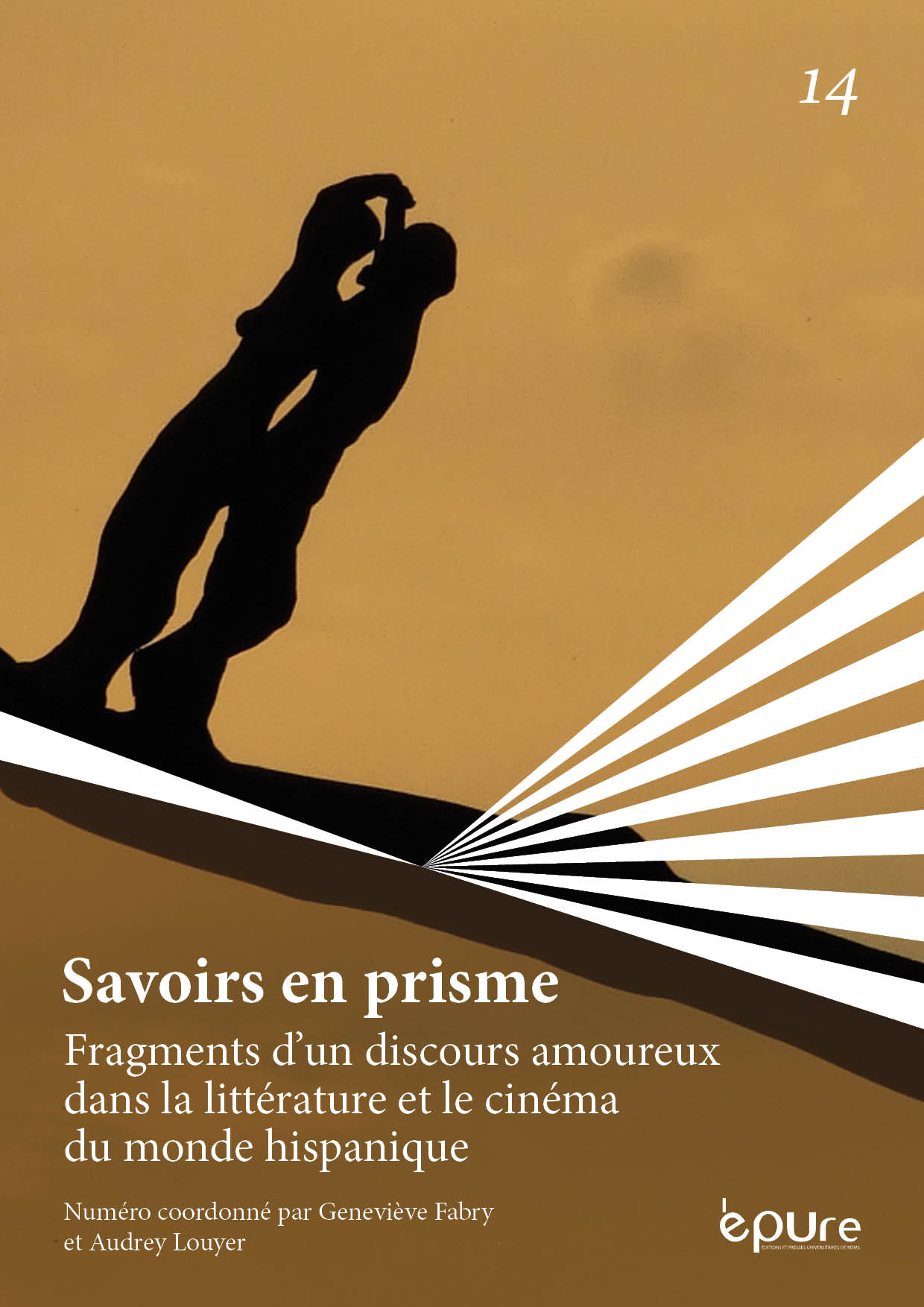Andrés Caicedo, el anacrónico. O tres fragmentos amorosos en Angelitos empantanados
Abstract
The works of Colombian writer Andrés Caicedo (1951-1977) pierced as fleetingly as intensely through the literary landscape of his native country. His suicide at age 25 was, undoubtedly, one of the reasons why his storytelling was confined for so long to a few readers, but it was not the only one. While most Latin American writers of the 60s and 70s embraced political causes, he was busy with the small conflicts of the young, always searching for love. Nevertheless, that difference would lead him to feel like an anachronism, something that he himself would confess in one letter. The three stories that comprise his book Angelitos empantanados (o historias para jovencitos), published in 1977, show, through a series of monologues, the author’s affinity for those stories that arise from the intimacy of lovers. This article will analyze the way in which narrators attempt to confer order within their stories to that which is nothing but isolated experience and fragments of a loving discourse. It will also comment on some film and literature romantic stereotypes that the author borrows with certain irony. Finally, it will reflect on how, through that fragment discourse, both characters and author tried to consolidate themselves in a context that relegated the voice of the lovers.
Copyright (c) 2021 Savoirs en prisme

This work is licensed under a Creative Commons Attribution-NonCommercial-ShareAlike 4.0 International License.


